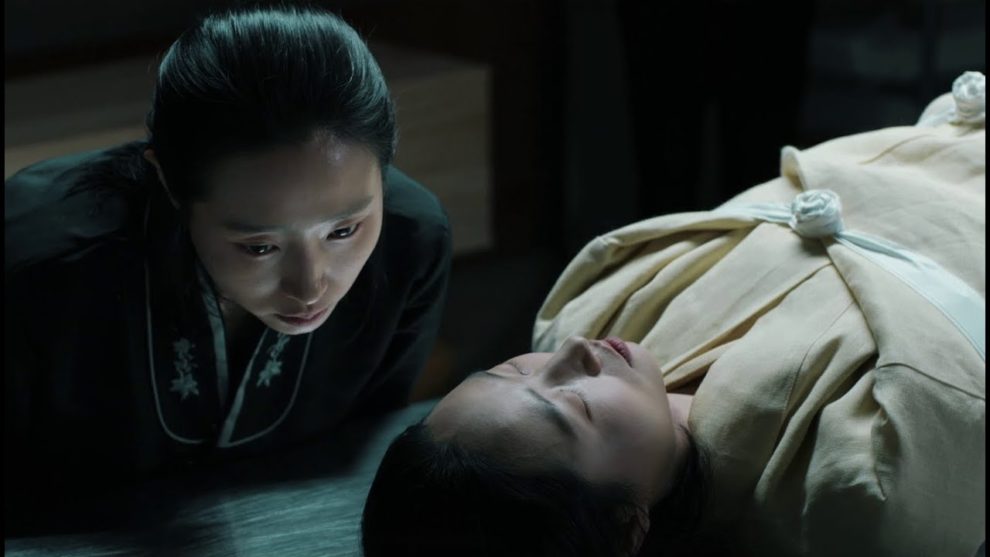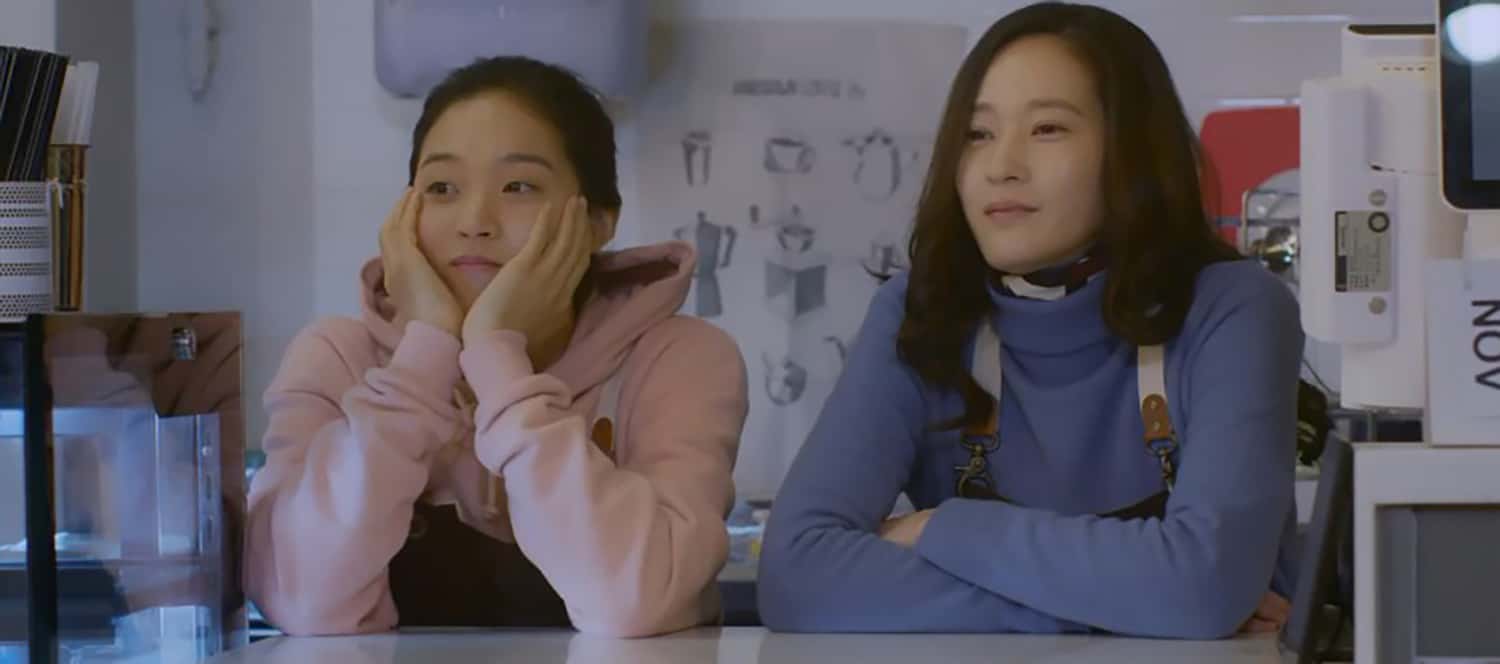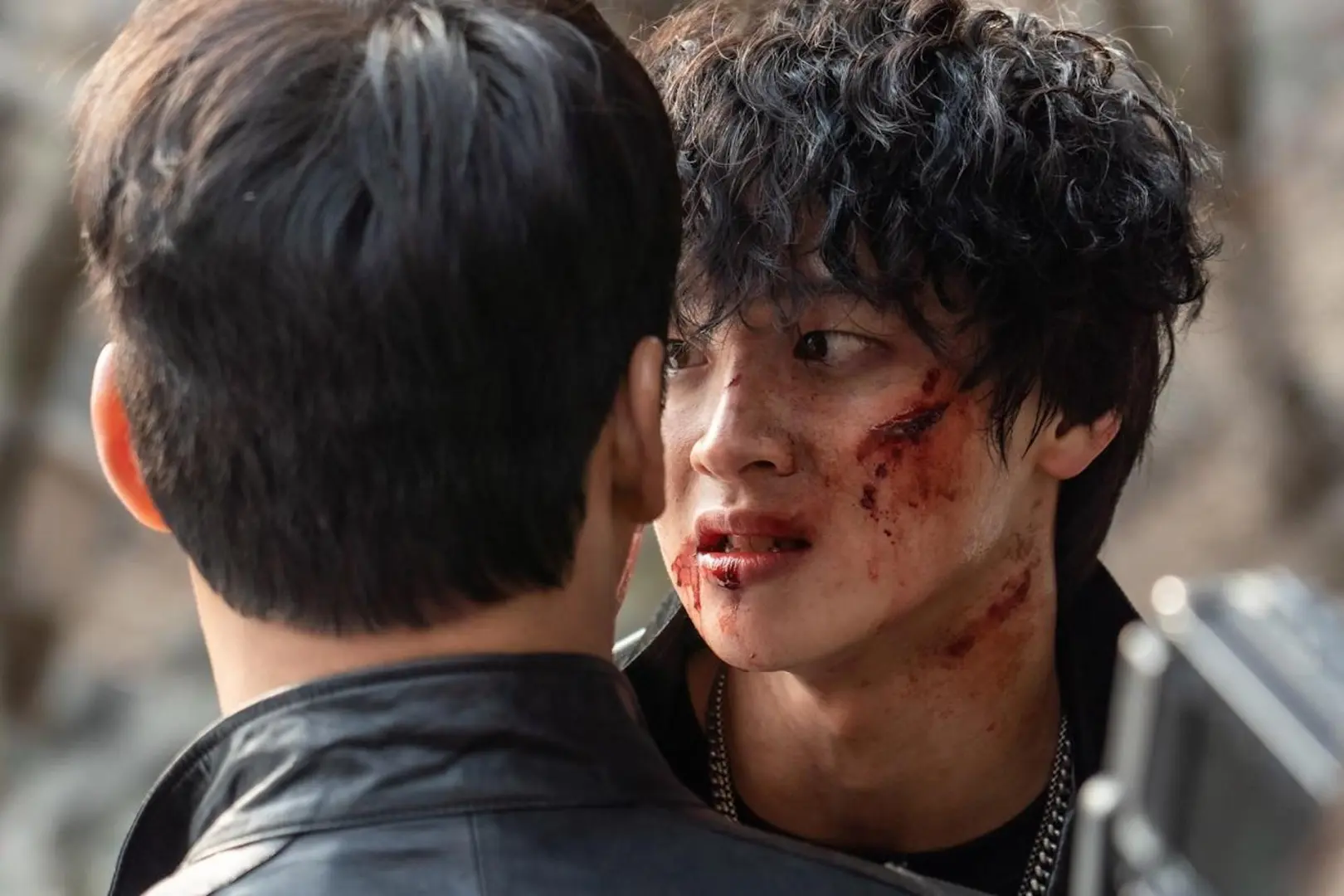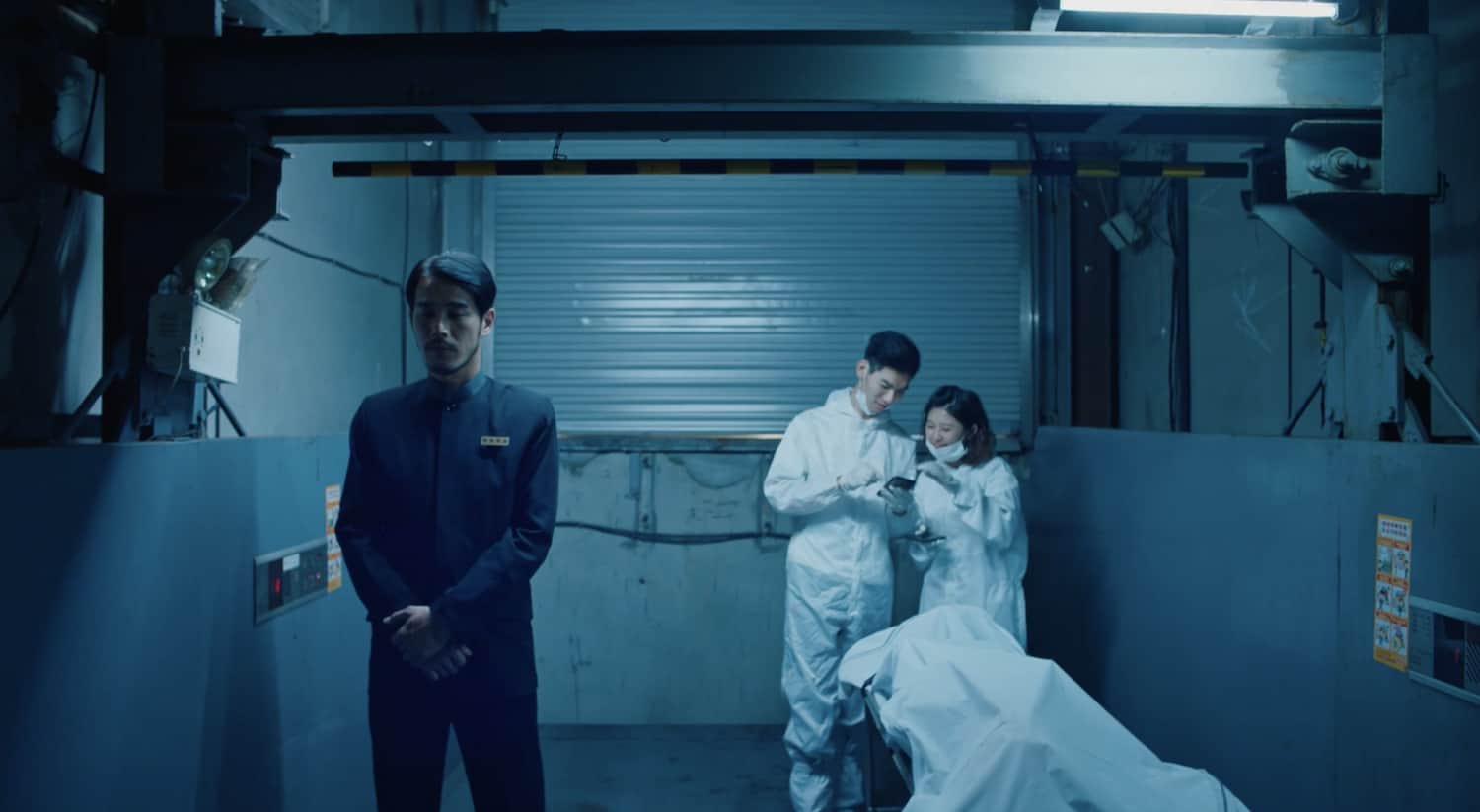Superstition, suspicion and paranoia define some of the great entries within the horror and thriller genre, especially when combined with the concept of family, as this addition often gives the supernatural ideas something everyone in the audience can connect to. South-Korean genre cinema has learned its lesson from film history, given the international success of such features like Na Hong-jin's “The Wailing” or Yeon Sang-ho's “Train to Busan”, as both of them blended genre elements with a strong emotional core, in this case a father looking out for his family. In his feature debut “Seire”, director Park Kang proves he also aims to follow in the footsteps of the great within the genre, following the story of a first-time father becoming entrapped in a cycle of superstition and the responsibility for his young family. After winning the prestigious FIPRESCI Prize at Busan International Film Festival 2021, where is also premiered, Park's feature might just have a bright future in store for itself at international genre festivals.
“Seire“ is screening at Five Flavours Asian Film Festival
After the birth of their first child, Woo-jin (Hyun-woo Seo) and his partner Hae-mi (Eun-woo Sim) try their best to find some kind of routine, combing making a living and taking care of their baby. Even though he does not believe in any legends or folk tales, his parents along with his wife follow the rules of “seire”, a period which only allows for the child's parents and grandparents to enter the baby's room and forbids them to perform any tasks or duties which might have dangerous implications for the child's future. Despite his wife insisting on closely following these traditions, Woo-jin accepts the invitation to attend the funeral of his once-lover Se-young, resulting in strong protests from Hae-mi and others.
Nevertheless, Woo-jin feels obligated to pay his respects and goes to the funeral proceedings, where he meets Ye-young (A-bel Ryu), Se-young's twin sister he never knew existed, and is stunned by the resemblance to his former lover, leading him to think back to her last days before the eventual break-up. At the same time, a series of nightmares and disturbing visions make him increasingly uncomfortable and think there might be something to his wife's fears after all, especially after his child becomes ill. Eventually he also starts believing the spirit of his lover, spiteful after the end of their relationship, is destined to haunt the young family, attempting to destroy their happiness.
Obviously, when it comes to children in horror, a fan of the genre will automatically come up with numerous examples, some of them being classics, and while there may be some allusions to the tradition of that trope in Park's feature debut, its uniqueness and atmosphere, among other aspects, make sure it can stand on its own quite well. First and foremost, it is still quite refreshing to see a male protagonist questioning his sanity within a horror feature, with Park's screenplay leaving much to the viewer's imagination and also whether something is real or part of a dream. Although this idea is perhaps done a bit too much, the cast, especially Hyun-woo Seo in the leading role, will keep you invested in the story and the development of these characters, as there is much more to them than what meets the eye. Specifically the dilemma of guilt and responsibility is shown quite well, emphasized by Seo's performance, making his struggle believable, and thus the horror he experiences very real.
At the same time, “Seire” follows the tradition of slow-burn horror. Park's feature does not rely on cheap jump scares, but rather its ensemble, as well as the combination of Gyeong-hyeon Hwang's cinematography and Young-gyu Jang's score, to create a constant sense of dread, with some scenes being downright disturbing and eerie as the narrative reaches its finale.
In conclusion, “Seire” is a great, slow-burn horror movie and a promising first feature for director Lang Park. Its eerie atmosphere, the efficient dramaturgy and the ensemble are just some of the aspects that make up one of the best and efficient genre flicks in quite a while.
















